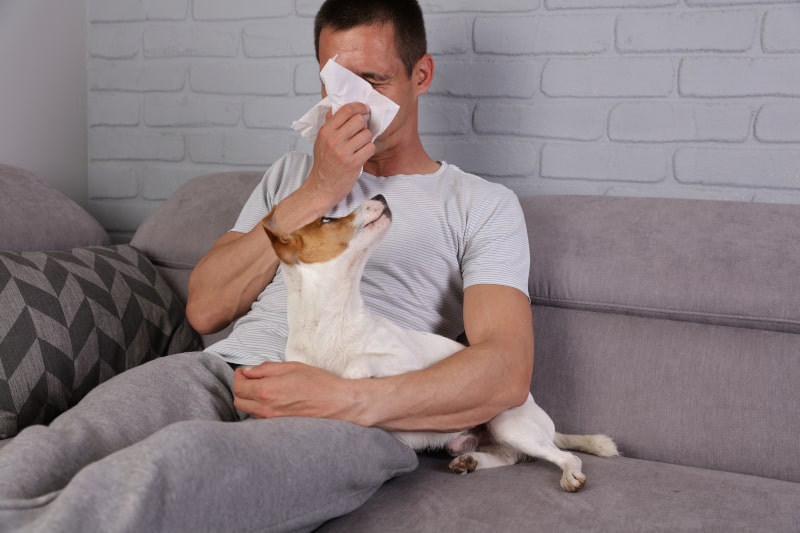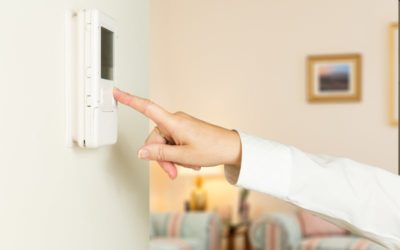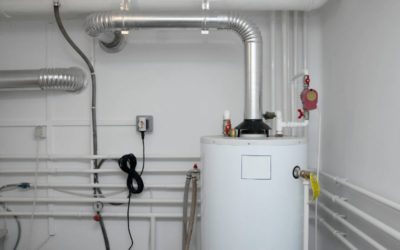Whether you have a cat, dog, bird or other animal companion, you value them as part of your family in Newport News, VA. But you also know they bring with them challenges for maintaining good indoor air quality. Here are some things to consider regarding the effect of your pets on your indoor air quality and and what you can do.
The Impact of Pets on Indoor Air Quality
Air quality depends on the amount of particles floating around in the air supply. Various particles will affect different people and systems in different ways. Regardless of how you personally react to these air contaminants, they will affect your HVAC system.
The worse your air quality, the more quickly your air filters will clog. Depending on the size of the particles, they may make it past the filter to settle elsewhere in your AC system. This leads to airflow restrictions, which can eventually lead to air conditioner repairs.
Pet Dander
Pet dander is a major problem because of the size of the particles and the fact that it stays airborne so long. The worst offenders for dander are cats, followed by dogs and then caged animals. Birds are last on the list, and reptiles don’t pose this problem.
Other IAQ Considerations
Your pets may bring other indoor air quality considerations into play. For instance, dogs that go outside may bring in extra pollen and dirt. Litter-trained cats may add extra dust from the litter box.
Improving Indoor Air Quality
The first step to improving your air quality is simply caring for your pet. Be sure to bathe cats and dogs frequently, and brush their excess fur.
Next, consider adding air purification to your HVAC system. Finally, be sure to keep up a regular household cleaning schedule to remove the contaminants that have settled as dust.
Rather than parting ways with your furry or feathered friend, look at other options to improve your air quality. Call to schedule a consultation with one of our indoor air quality experts at Smiley’s Heating & Cooling today.
Image provided by iStock




